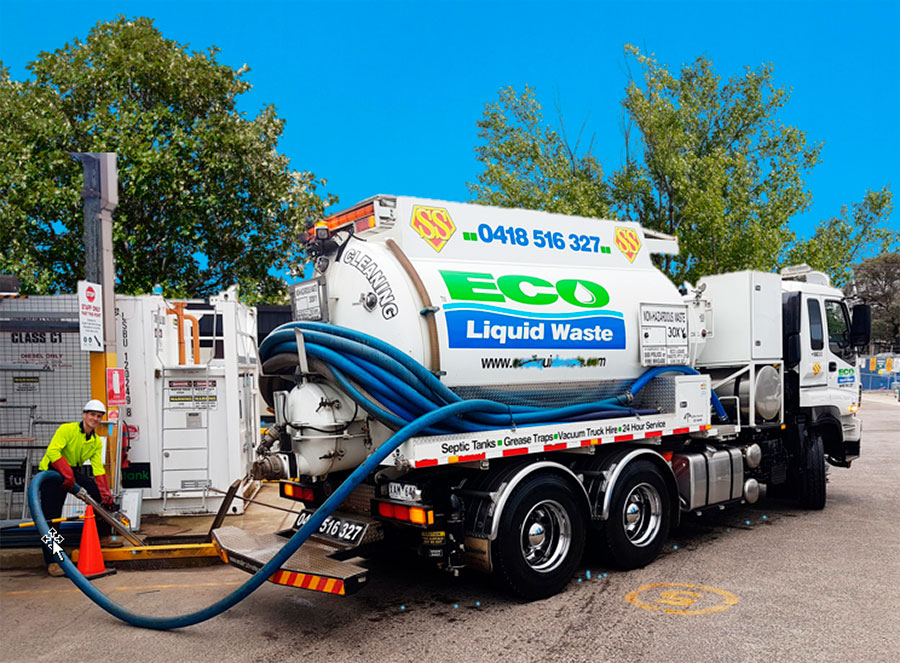Some Known Questions About Reclaim Waste.
Some Known Questions About Reclaim Waste.
Blog Article
Facts About Reclaim Waste Uncovered
Table of ContentsThe 45-Second Trick For Reclaim WasteReclaim Waste Fundamentals ExplainedNot known Incorrect Statements About Reclaim Waste Reclaim Waste Fundamentals ExplainedReclaim Waste - An Overview
Residential sewer waste refers to the waste and products from a household septic storage tank. The correct monitoring and disposal of domestic sewer waste require liquid waste to be moved to a sewage treatment plant where the correct approaches and equipment are applied to detoxify and dispose of waste.
Commercial waste often consists of prospective risks, such as flammable materials or a combination of fluid and strong waste products, and requires an advanced and comprehensive disposal process. The disposal of commercial waste generally includes the purification of waste before transportation to ensure risk-free and correct disposal. Industrial waste is produced from by-products and runoff of commercial procedures and manufacturing.
This kind of waste can not utilize the very same sewer administration transport or processes as septic or industrial fluids. The commercial waste management process needs the inspection and testing of liquid waste before it goes through the disposal process (liquid waste removal melbourne). Runoff waste is the fluid waste that comes from drainage and excess stormwater in highly booming locations or cities
Runoff waste can cause contamination and flooding if not handled correctly. Guaranteeing correct waste monitoring can prevent catastrophes and lower ecological harm.
The smart Trick of Reclaim Waste That Nobody is Discussing
Get in touch with PROS Services today to find out regarding our waste management and disposal services and the correct means to care for the fluid waste you generate.
(https://www.kickstarter.com/profile/reclaimwaste1/about)Do you recognize what happens to your water when you pull the plug, purge the bathroom or drain pipes the cleaning device? No? Well, it deserves recognizing. This supposed 'wastewater' is not just an important resource yet, after therapy, will certainly be launched to our land, waterways or the ocean. Utilized water from commodes, showers, baths, kitchen area sinks, laundries and commercial processes is referred to as wastewater.

water made use of to cool machinery or tidy plant and devices). Stormwater, a kind of wastewater, is drainage that moves from agricultural and urban locations such as roof coverings, parks, yards, roads, courses and gutters into stormwater drains pipes, after rainfall. Stormwater moves unattended directly to regional creeks or rivers, eventually reaching the sea.
Reclaim Waste Can Be Fun For Anyone
In Queensland, many wastewater is treated at sewer therapy plants. Wastewater is transferred from residential or industrial websites through a system of sewage systems and pump stations, called sewage reticulation, to a sewer therapy plant. Neighborhood governments build, preserve and operate most sewage treatment plants. Operators are accredited under the Environmental Management Act 1994 to release cured wastewater at an appropriate ecological criterion right into rivers.
The Division of Natural Resources advises city governments about managing, operating and maintaining sewerage systems and therapy plants. In unsewered locations, city governments may require homeowners to install private or house sewer therapy systems to treat domestic wastewater from toilets, kitchens, restrooms and laundries. The Division of Natural Resources authorizes the usage of house systems when they are proven to be effective.
Most stormwater receives no treatment. In some brand-new communities, therapy of some stormwater to remove litter, sand and gravel has actually started utilizing gross toxin traps. Wastewater treatment takes place in 4 phases: Eliminates solid matter. Larger solids, such as plastics and other things wrongly released to sewage systems, are gotten rid of when wastewater is passed via displays.
Makes use of tiny living microorganisms knows as micro-organisms to break down and eliminate remaining dissolved wastes and fine fragments. Micro-organisms and wastes are integrated in the sludge.
Getting The Reclaim Waste To Work
Nutrient elimination is not readily available at all sewer therapy plants due to the fact that it calls for expensive specialist equipment. Clear liquid effluent produced after treatment may still include disease-causing micro-organisms - industrial wastewater treatment.

A lot of wastewater streams into the sewage system. Under the Act, local federal governments carry out authorizations and licences for eco pertinent tasks (ERAs) including wastewater releases that may have a regional impact.
10 Simple Techniques For Reclaim Waste
Tracking supplies valid details about water high quality and can confirm that licence problems are being met. The information acquired with surveillance provides the basis for making water high quality decisions.
Report this page